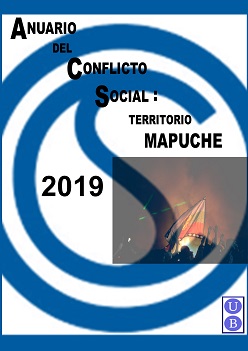Public Policies and the Mapuche People: Gaps and Challenges for a Scanty Agenda
DOI:
https://doi.org/10.1344/ACS2020.11.3Keywords:
indigenous policies, Mapuche people, social outbreak, social protest, criminalizationAbstract
In recent decades, indigenous peoples have come to prominence in public spaces due to a set of demands ranging from those linked to structural aspects to those of a more political and/or administrative character. In the case of Chile, such demands have increased in number without a corresponding response on the part of the state, whose decisions have focused on domestic security and on the intervention of the country’s indigenous communities by means of different actions. This is how year 2019 came to be marked by public policy decisions which only revealed, once more, the biases present in the visions involved in the drafting and implementation of indigenous policies. From the standpoint of public policy, and with a focus on the analysis of the Mapuche people, this piece of writing analyses the content and scope of policies implemented in 2019, exposing some relevant elements that put the relationship between the Chilean state and the indigenous peoples under strain.
Downloads
Published
How to Cite
Issue
Section
License
Copyright (c) 2021 Verónica Huencho

This work is licensed under a Creative Commons Attribution 4.0 International License.
AUTHORS RETAIN COPYRIGHT. CREATIVE COMMONS
The authors who publish in this journal agree to the following terms:
- The authors retain the copyright and grant the journal the right of first publication of the work, which will be disseminated following the Creative Commons Attribution license.
- Authors are free to establish additional independent contractual agreements for the non-exclusive distribution of the version of the work published in the journal (such as publication in an institutional or thematic repository, their personal website or a book), provided have your initial publication in this journal recognized.
- Texts will be published under a Creative Commons Attribution License that allows others to share the work, provided they include an acknowledgement of the work’s authorship, its initial publication in this journal and the terms of the license.
- Self-archiving of pre-print and post-print versions is allowed.
Privacy statement
The email addresses and names entered in this publication will be used exclusively for the purposes declared and will not be used for any other urposes or made available to third parties.







